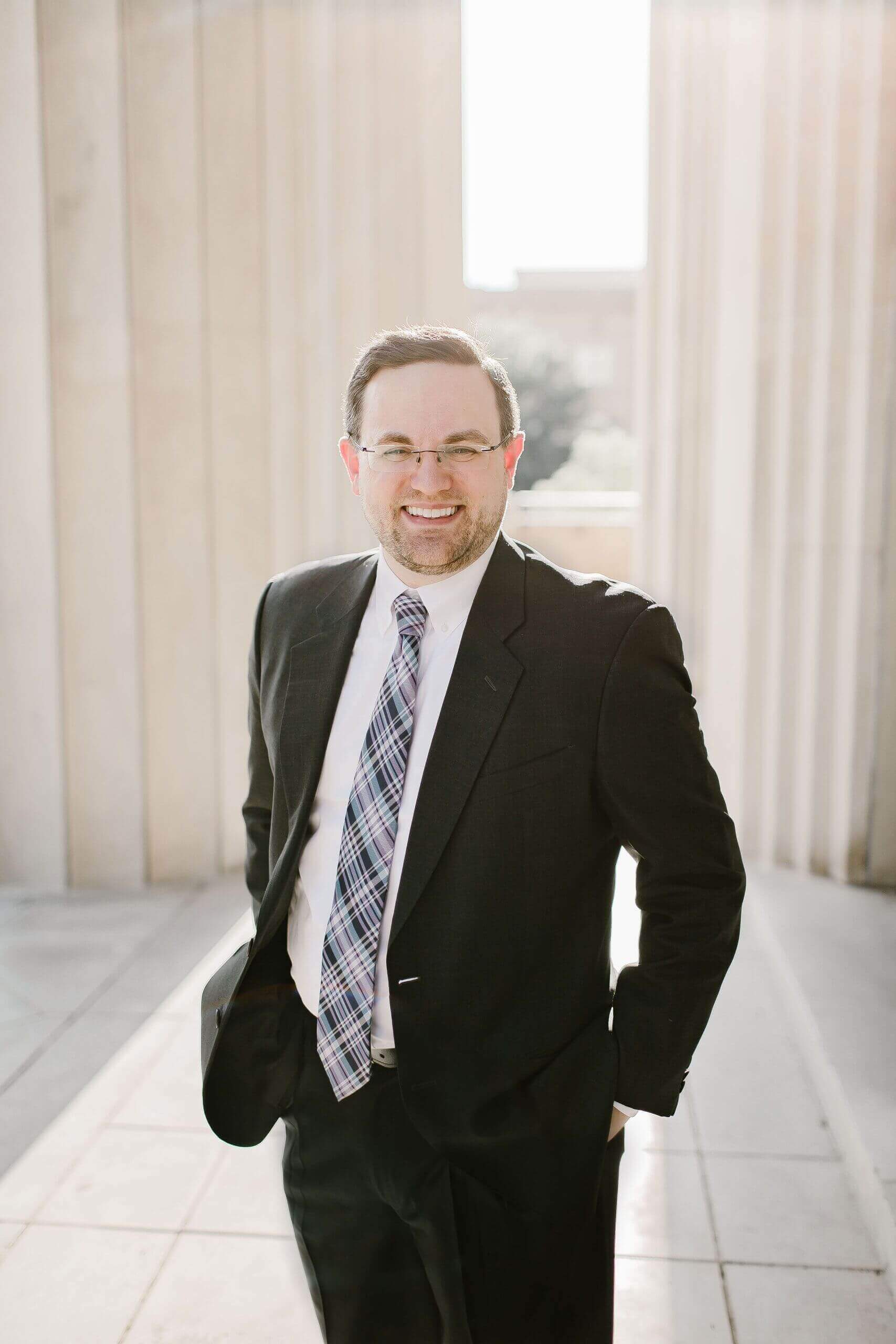What Are Irrevocable Trusts?
Trusts can be useful tools to protect your assets, save on estate taxes, or set aside money for a family member. But before you commit to adding a trust to your estate plan, make sure you understand the differences between revocable (also called “living”) and irrevocable trusts because each offers advantages and disadvantages, depending on its purpose.
While the two main types of trusts differ in how they are structured and taxed, both are tools for setting aside assets and distributing them according to specific wishes and instructions. They can protect your property, safeguard a family’s financial future, and provide tax-saving strategies.
Structure of Irrevocable Trusts
As the name suggests, an irrevocable trust, once established, generally can’t be canceled or revoked. The person creating the trust, sometimes called the “grantor,” transfers assets into the trust and permanently gives up all claims to them. A trustee is appointed to carry out the instructions spelled out in the trust. No changes to the terms of the trust can be made without the consent of the trust’s beneficiaries.
In contrast, a living trust offers more flexibility. The grantor of a living trust still owns and controls the assets and can make changes at any time. A living trust also has a trustee, someone who would take over management of the trust if the owner is no longer capable of doing so.
Taxes and Irrevocable Trusts
Both types of trusts offer tax advantages, although these differ in critical ways. An irrevocable trust is considered a separate entity and must have its own tax returns filed annually under a tax ID number. Irrevocable trusts can incur additional costs if a CPA is needed for tax preparation. Because the trust is not an individual, the irrevocable trust can’t qualify for the various deductions and exemptions that individuals can claim on their returns. Also, higher rates apply to lower income levels. For example, an irrevocable trust is subject to the highest federal tax rate of 37 percent if its income exceeds $12,500, a much lower ceiling than for individuals.
Assets within a living trust are still considered the property of the trust owner. Any income earned from this trust is filed along with the owner’s other income. Also, the assets of the trust belong to the owner’s estate and are taxed accordingly on the owner’s death. For this reason, wealthy families may choose to transfer a portion of their assets into an irrevocable trust to keep the value of their estate below federal and state exemptions.
Protecting Assets in the Future
One key advantage of irrevocable trusts is that their assets are protected from lawsuits and creditors. A living trust offers no such protection because the trust assets are still part of the owner’s property.
A living trust is an option for someone who doesn’t need all the layers of protection but still wants to set up some provisions for the future. A living trust works well to set aside assets in the event that the grantor becomes unable to manage their finances in the future due to illness or old age. With a living trust, the grantor controls the property while they are competent, but a trustee can take over this function if the grantor loses this capacity.
If there are other considerations, such as estate tax planning, protection from creditors, or providing for a special needs family member, an irrevocable trust might be the better way to go. If you live in White County, Pulaski County, or Saline County, in cities like Sherwood, Little Rock, and Benton, AR, schedule an initial estate planning meeting so we can help determine the best trust for your particular circumstances.
Keep in mind that this site provides general advice only and that specific situations may be treated differently.

At McClelland Law Firm, we believe that limiting our practice areas provides the greatest value to our clients. To us, value means providing exceptional service and efficient processes for each of our practice areas.
We are committed to compassionate representations, especially as it relates to elder law. No one should feel pressured, controlled, or “talked down” to in any meeting. Every client deserves to be heard and understood.
McClelland Law Firm, P.A. is here to help you and your loved ones understand probate and trust administration, estate planning, Medicaid planning, crisis planning, guardianship, and elder law. Our Benton, Sherwood, and Searcy law offices welcome you to contact us and learn how we can help meet your elder law legal matters in White County, Pulaski County, or Saline County, and throughout Arkansas.
